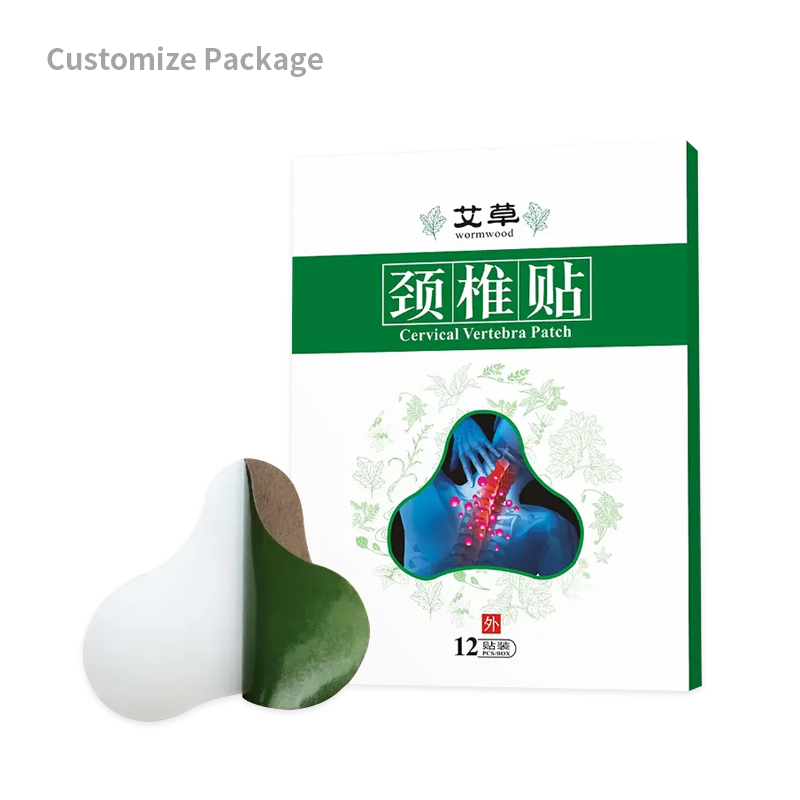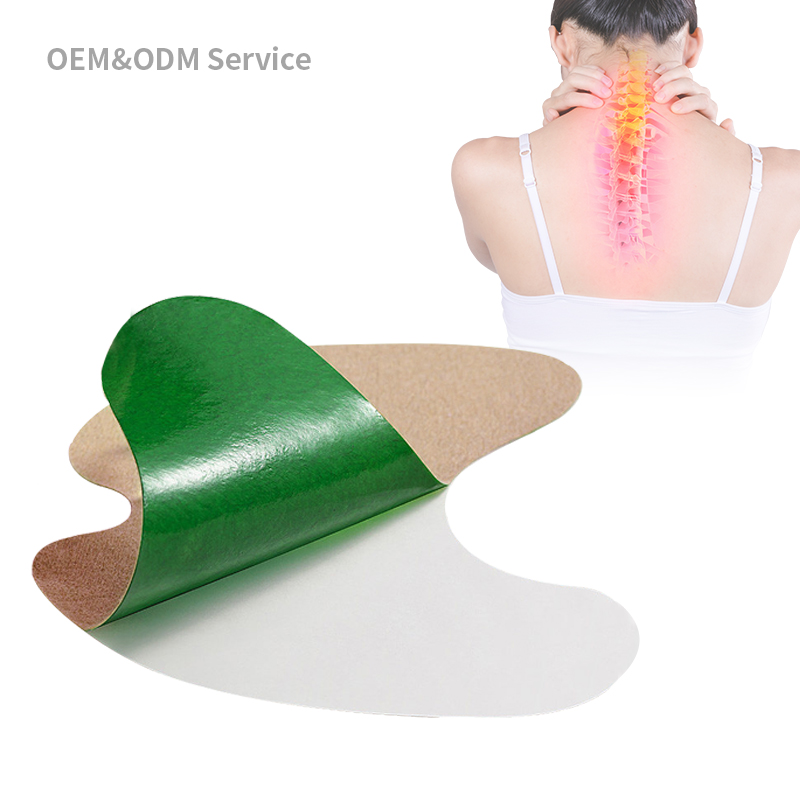What Should I Look for in a Cervical Vertebra Pain Relief Patches OEM Supplier?
Choosing the right OEM supplier for cervical vertebra pain relief patches is a crucial decision that can significantly impact your business's success. The right supplier will ensure high-quality products, regulatory compliance, and the ability to meet your specific needs. In this comprehensive guide, we will explore the key factors to consider when selecting a cervical vertebra pain relief patches OEM supplier. We will also address common questions related to this topic to provide a thorough understanding.

Key Factors to Consider When Selecting an OEM Supplier
1. Quality Assurance and Certifications
- Adherence to Quality Standards: Look for an OEM supplier that adheres to international quality standards such as ISO 9001, ISO 13485, and GMP (Good Manufacturing Practices). These standards ensure that the supplier maintains high-quality production processes.
- Certifications: Ensure that the supplier has relevant certifications for medical devices, such as FDA approval for the US market and CE marking for the European market. These certifications indicate that the products meet stringent safety and efficacy requirements.
2. Manufacturing Capabilities
- Advanced Technology: Assess the supplier’s technological capabilities. They should use state-of-the-art machinery and innovative techniques to produce high-quality cervical vertebra pain relief patches.
- Customization Options: The supplier should offer customization options, including custom formulations, sizes, and packaging, to meet your specific needs. This allows you to create unique products that stand out in the market.
- Private Label Services: Check if the supplier offers private label services, which enable you to brand the products under your own name. This is essential for building brand identity and market presence.
3. Experience and Expertise
- Industry Experience: Choose a supplier with extensive experience in manufacturing cervical vertebra pain relief patches. An experienced supplier will have a deep understanding of the product and its market, ensuring better quality and reliability.
- Expertise in Pain Relief Patches: Look for a supplier that specializes in pain relief patches. Their expertise will ensure that they can produce effective and safe products tailored to the specific needs of cervical vertebra pain relief.
4. Regulatory Compliance
- Understanding Regulatory Requirements: Ensure that the supplier has a thorough understanding of the regulatory requirements of your target market. This includes FDA regulations, CE marking, and other relevant certifications.
- Compliance Assurance: The supplier should have processes in place to ensure compliance with all necessary regulations. This reduces the risk of legal issues and product recalls.
5. Supply Chain and Logistics
- Efficient Supply Chain Management: The supplier should have a robust supply chain management system in place to ensure timely production and delivery of products. This minimizes the risk of delays and ensures a steady supply of products.
- Scalability: Ensure that the supplier has the capacity to scale production to meet increasing demand. This is crucial for supporting your business growth.
6. Cost and Pricing Structure
- Competitive Pricing: Compare pricing structures of different suppliers to ensure you get competitive rates without compromising on quality.
- Transparent Cost Breakdown: Understand the cost breakdown, including any hidden costs, to make an informed decision. A reputable supplier will provide a clear and transparent pricing structure.
7. Customer Support and Communication
- Responsive Customer Support: Evaluate the level of customer support provided by the supplier. Efficient and responsive communication is essential for addressing any issues or changes in your order.
- After-Sales Support: Check if the supplier offers after-sales support, including assistance with regulatory documentation and compliance. This support is crucial for ensuring long-term success.
Common Questions Related to Selecting an OEM Supplier for Cervical Vertebra Pain Relief Patches
Q1: What certifications are important for a cervical vertebra pain relief patches manufacturer?
A1: Important certifications include ISO 9001, ISO 13485, GMP, FDA approval (for the US), and CE marking (for the EU). These certifications ensure that the manufacturer adheres to high quality and safety standards.
Q2: Why is customization important when choosing an OEM supplier?
A2: Customization is important because it allows you to develop products that meet specific market needs. A supplier that offers extensive customization options can help you create unique products that differentiate your brand.
Q3: How can I verify the reliability of a cervical vertebra pain relief patches OEM supplier?
A3: You can verify reliability by checking the supplier's track record through client testimonials, case studies, and industry reputation. Visiting their manufacturing facility and conducting audits can also provide insights into their operational standards.
Q4: What should I look for in terms of regulatory compliance from an OEM supplier?
A4: Look for suppliers that comply with international regulatory requirements such as FDA approval, CE marking, and other relevant certifications. Ensure they have processes in place to maintain compliance with these regulations.
Q5: How important is supply chain efficiency when choosing an OEM supplier?
A5: Supply chain efficiency is crucial for ensuring timely production and delivery of products. An efficient supply chain reduces the risk of delays and disruptions, ensuring a steady supply of products to meet market demand.
Conclusion
Selecting the right cervical vertebra pain relief patches OEM supplier is essential for ensuring product quality, regulatory compliance, and business success. By considering factors such as quality assurance, manufacturing capabilities, experience, regulatory compliance, supply chain efficiency, cost structure, and customer support, you can make an informed decision that aligns with your business goals. A reputable OEM supplier will provide a solid foundation for your business, helping you deliver high-quality products that meet customer expectations and drive market success.






